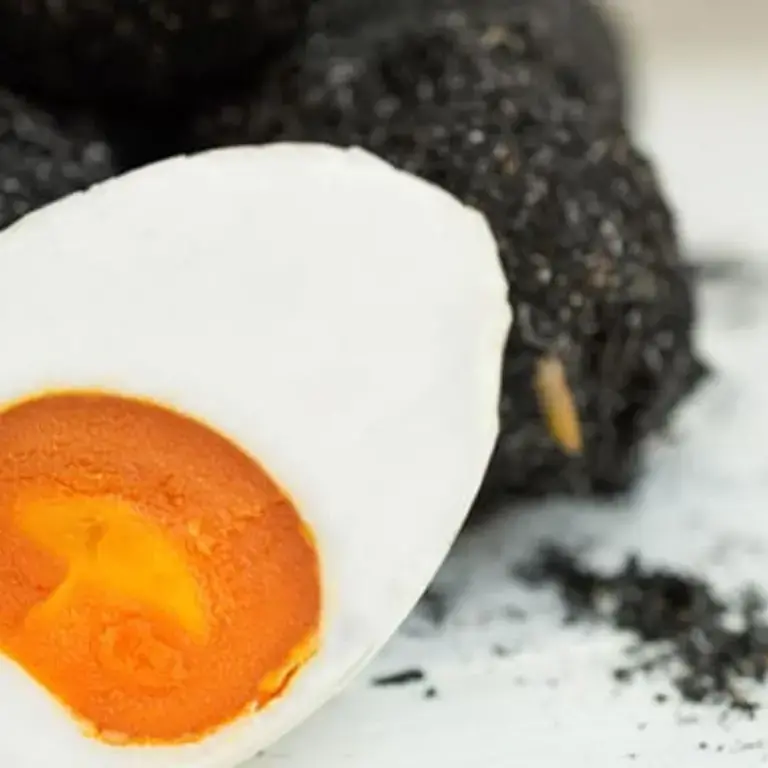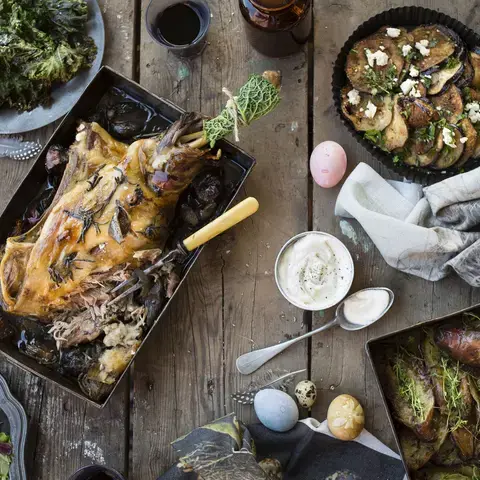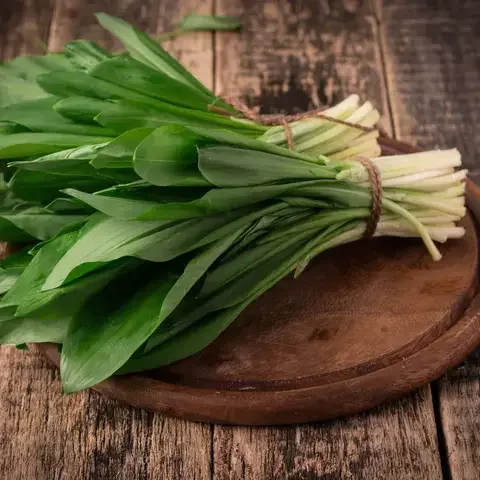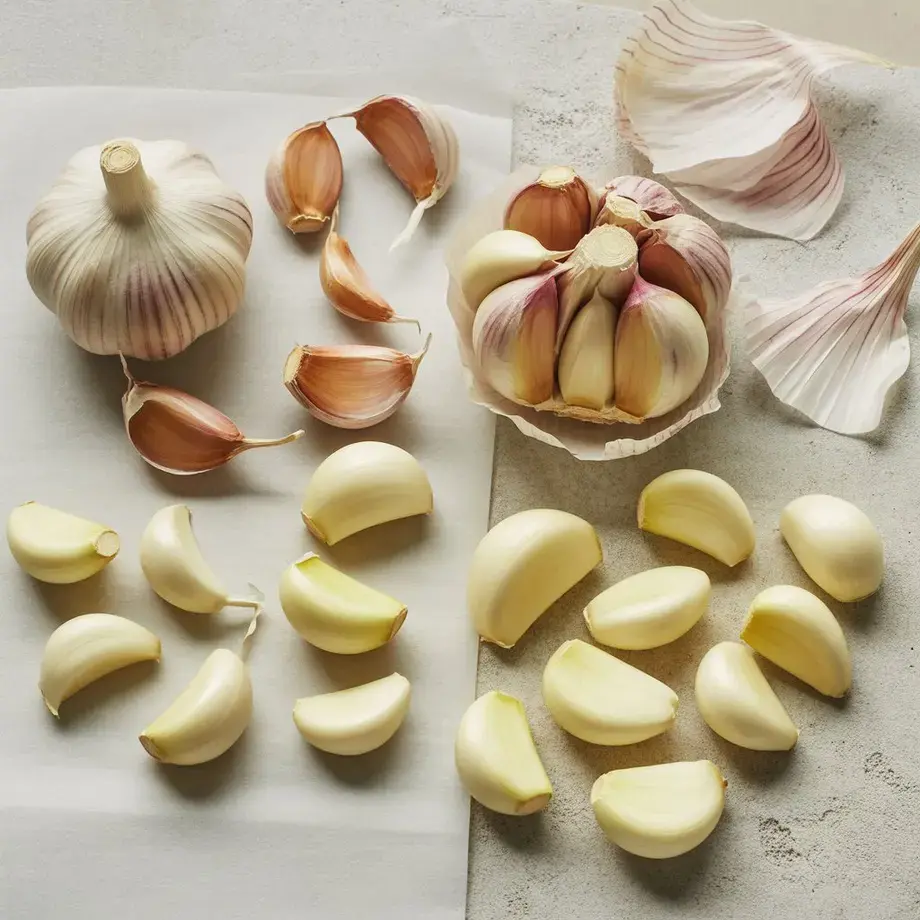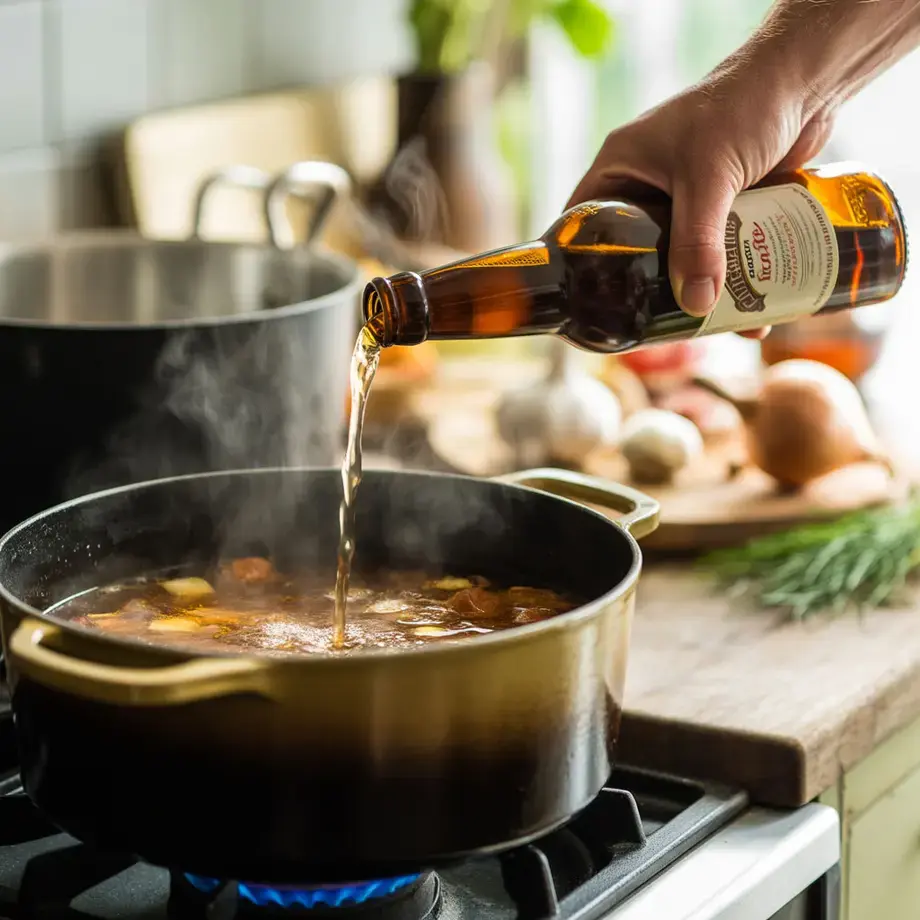If you've come across what look like vacuum-packed eggs, or even eggs covered in a thick layer of damp charcoal paste in the supermarket, you've probably been looking at salted duck eggs.
Commonly found in Chinese grocery stores, these 'preserved eggs' may look unusual to the uninitiated, but once tried the eggs' superior richness and saltiness and versatility in the kitchen keeps those in the know coming back for more.
What are Chinese salted duck eggs?
These special eggs are raw duck eggs that have usually been preserved inside their shell in brine for around 30 to 50 days, or packed into damp salted charcoal paste and left for a duration, following which the egg is usually boiled before eating.
The magic happens during the curing process when the moisture is drawn out of the egg inside yielding a deep bright orange yolk which has an oily and crumbly texture as a result.
Properly salted, the duck egg yolks are considered a specialty with their creamy, granular, and oily texture and rich and salty flavour making them a tasty addition to many a recipe.
If you have trouble finding them in your local store, or want to try making your own salted duck eggs, it's a simple job that just requires factoring in that lengthy curing time to work that magic.
Chinese salted duck eggs are richer and saltier than unprepared Western eggs, making them perfect as an ingredient in a range of different recipes, particularly where strong flavours are called for.
How to make salted duck eggs
Here's an easy instruction on how to make up a batch of salted duck eggs using the salted version. All you will need are the duck eggs, Chinese cooking wine, fine sea salt and a Ziploc bag.
- One by one, coat the duck eggs with cooking wine then roll in the sea salt until completely covered.
- Place the eggs in a Ziploc bag and seal carefully.
- Place the bag in a plastic container with a lid. Put the container in a cool, dry place for three to four weeks.
- When they are ready, rinse the eggs in cold water so they can be used in your recipes.
This recipe uses the brining method, where the eggs are left to cure in a large vessel of salted water:
